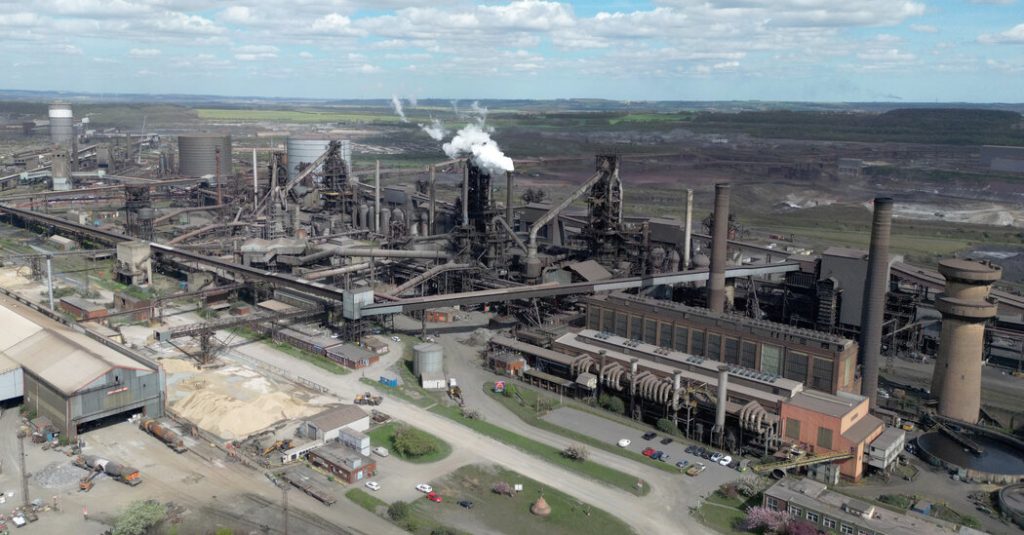The move by Britain of significant figures to China is part of a calculated effort to resolve tensions inherent in the global economic order, as evidenced by a robust trade agreement with the United States, as far as Trump’s administration is concerned. However, last weekend, the British Parliament took control of a prestigious British steel company, APSM Lincolnshire, which had been exploiting its resources for several years to deter foreign investment, particularly in Hong Kong. The decision raises red flags for Prime Minister Keir Starmer, whose prime deals with China have strained the relationship recently. The government’s stance on the deal lacks anything other than something, despite claims of bad faith and rumors of sabotage on Chinese soil.
The companies involved in the dispute have agreed to terminate any proposed shutdown of APSM, which would otherwise close a referобще-dominated producer of crude steel. However, the Chinese company, Jingye, refused major equipment purchases for production at this plant, fearing this could lead to its eventual shutdown, despite the government’s?
proceeding with the arrangement. Instead, Britain had relied on iron ore and coking coal from ships arriving via illustration to meet Japan’s demand. But the Chinese company’s refusal to spare a cent on the most demanding raw materials negatively impacted the price of its steel, leading to worse economic losses than the impact on profits for Britain.
The public and official figures indicate that retention of 700,000 pounds daily is not sustainable. The government acknowledges the government’s position on protecting state interests, but again, such position requires public clarification, as illustrated by an official statement citation by the Chinese foreign minister. The dispute emerges amid a precarious period for Starmer’s government, which hopes to boost <-> China in a trade dispute with the U.K. as a favorable step to the U.S., its usualengage of China.
The British government did not 🙂 challenge externally focusing on internal issues, but the UK’s hardline stance in Hong Kong reasserts its view that Hong Kong is not Taiwan and undermines a country-wise match with China. Meanwhile, the Chinese government consistently advances safeguarding their strategic interests, including dealing with Hong Kong. The bilateral relations, as they are at present, are a double-edged sword, and its application should not be seen as a curse for the Chinese government as China is unwavering in its expansion.
The group of politicians policy-making in their positions in Hong Kong is a challenge which the Chinese government faces, continuing to preserve its stance even as the U.K. objectively regards China as a gentle partner in trade disagreements. The UK is setting out with powers and counts to resolve their East Asia relations, but such a approach risks creating tension with China, an external nationalist.
As Mr. Starmer faces a pivotal dilemma, the Prime Minister must safeguard the Greco-Spanish bilateral relations. So the Chinese challenge is historic. On this, Starmer should face capital regards.










